Articles
31 Posts found
Dienogest treatment improves qua...
By Medevista Official
Approximately 5-15% of women in reproductive age experience endometriosis which is a long-term estrogen dependent disease. 1 The incidence of endometriosis is difficult to quantify as the disease is often asymptomatic. The imaging modalities have low sensitivity for small implants. 2 Laparoscopy is the primary method of diagnosis with or without biopsy for histological diagnosis. 3
Read More
Long Term Administration of Dien...
By Medevista Official
Rectosigmoid endometriosis is a severe form of deep endometriosis, which may be responsible for pain symptoms and a wide range of intestinal complains such as diarrhea, constipation, and abdominal cramping. The primary objective of this study was to evaluate the efficacy of long‐term therapy with dienogest (DNG), a fourth‐generation progestin, for ameliorating quality of life, pain, and intestinal symptoms of patients affected by rectosigmoid endometriosis. A retrospective analysis of a prospectively collected database was done on patients with endometriotic nodules infiltrating at least the muscular layer of the rectosigmoid wall with an estimated colorectal stenosis <60%. The diagnosis of rectosigmoid endometriosis was based on transvaginal ultrasonography. Patients accepting to participate in the study received continuous oral treatment with DNG at the dose of 2 mg/day.
Read More
Long term use of dienogest for t...
By Medevista Official
Dysmenorrhea is a pathological condition principally marked by strong pain, such as lower abdominal pain and low back pain, that occurs in association with menses.1,2 A Japanese survey has reported that 50% of women who had menses experienced pain, and 17% experienced interference with work, study and daily life during the past 3 months,3 and thus, the disease significantly impacts women’s quality of life (QOL) and work.Dysmenorrhea is a pathological condition principally marked by strong pain, such as lower abdominal pain and low back pain, that occurs in association with menses.1,2 A Japanese survey has reported that 50% of women who had menses experienced pain, and 17% experienced interference with work, study and daily life during the past 3 months,3 and thus, the disease significantly impacts women’s quality of life (QOL) and work.
Read More
Dienogest in women with persiste...
By Medevista Official
To evaluate patient satisfaction at 6-months dienogest (DNG) treatment in women with symptomatic rectovaginal endometriosis who had pain persistence and were unsatisfied after 6-months of norethisterone acetate (NETA) therapy.To evaluate patient satisfaction at 6-months dienogest (DNG) treatment in women with symptomatic rectovaginal endometriosis who had pain persistence and were unsatisfied after 6-months of norethisterone acetate (NETA) therapy.
Read More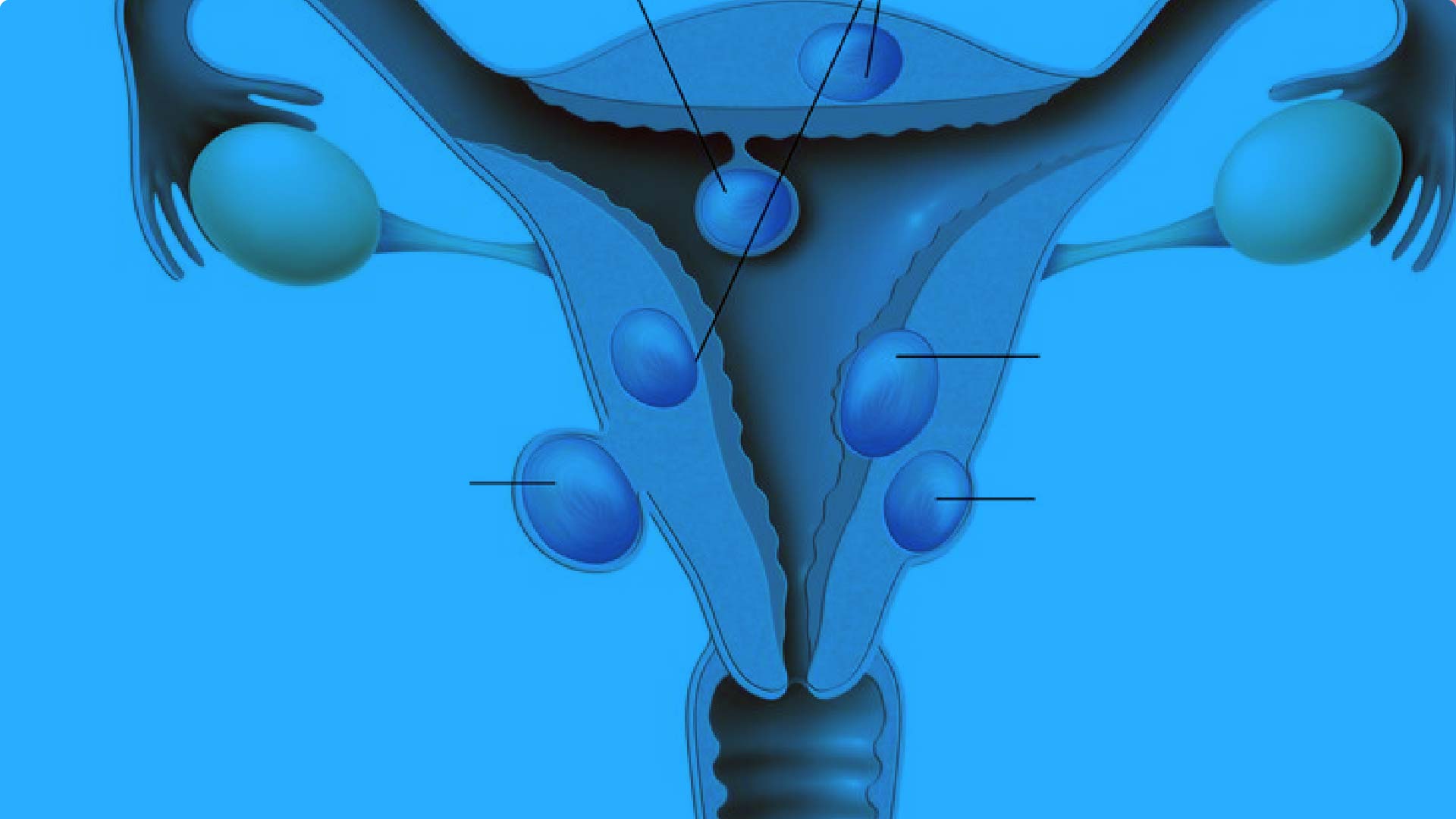
Dienogest as preoperative treatm...
By Medevista Official
The aim of this single-center, prospective, randomized, parallel-group study was to compare Dienogest and Danazol as endometrial preparation in patients who have to undergo hysteroscopic surgery for submucous myomas. We enrolled 80 consecutive eligible patients, in reproductive age, affected by submucous myomas.
Read More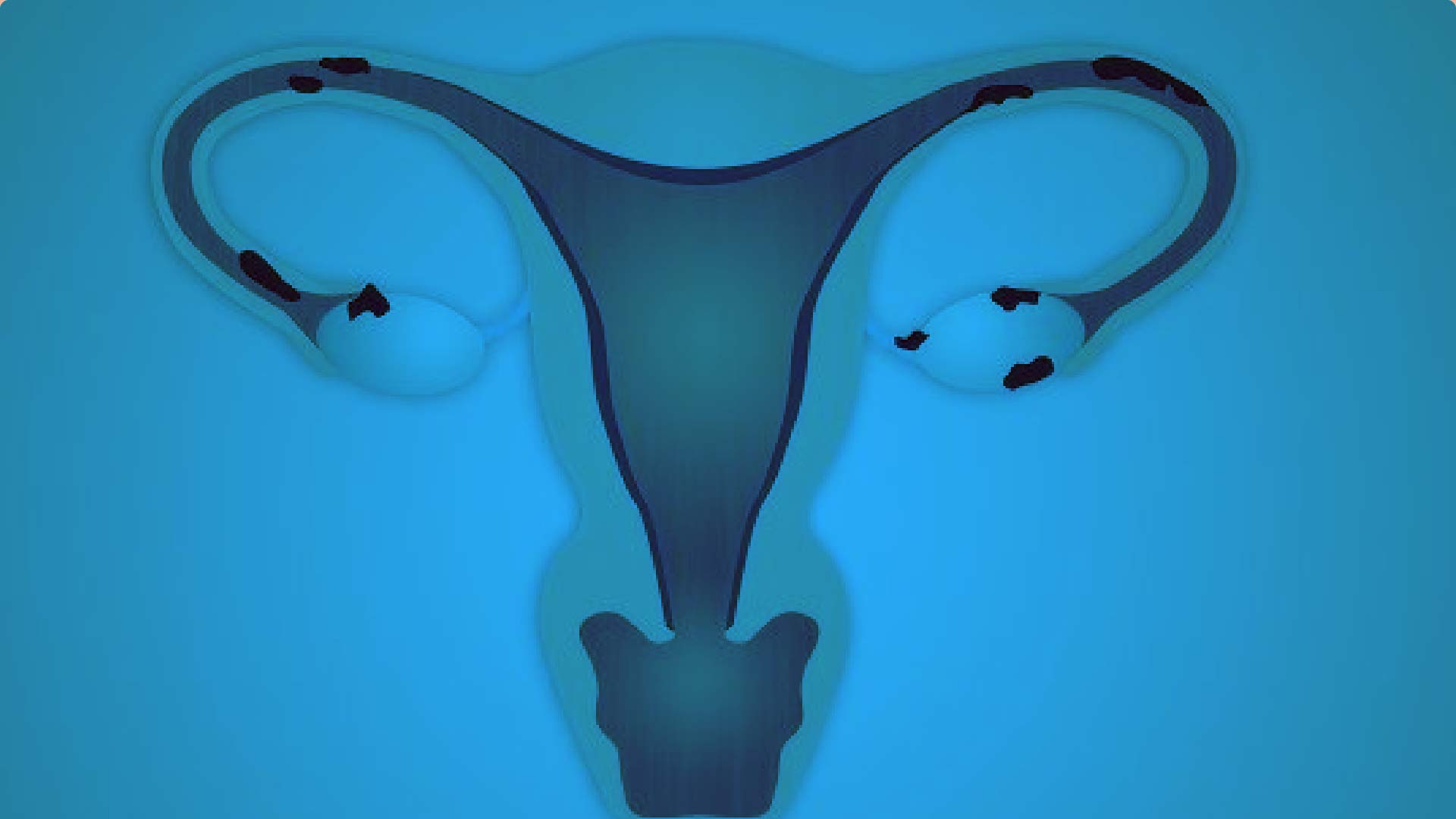
Evaluation of Dienogest Treatmen...
By Medevista Official
The problem of genital endometriosis is of special importance nowadays due to a steady increase in its prevalence among gynecological patients (10% in recent years) (1, 2). The disease mainly affects women in their reproductive age (90%- 99% of patients are aged 20-50 years), regardless of their ethnicity or socio-economic status (2). Despite the thorough attention to this problem worldwide, many aspects of etiology and pathogenesis of this disease remain controversial (3, 4). Genetic predisposition, retrograde menstruation, coelomic metaplasia, activation of embryonic remnants, changes in the metabolism of endometrial cells, increased proliferative activity and autonomous growth of endometrioid heterotopias, and iatrogenic causes are considered to be the main etiological factors of endometriosis. Risk factors for the development of endometriosis include hyperestrogenemia,
Read More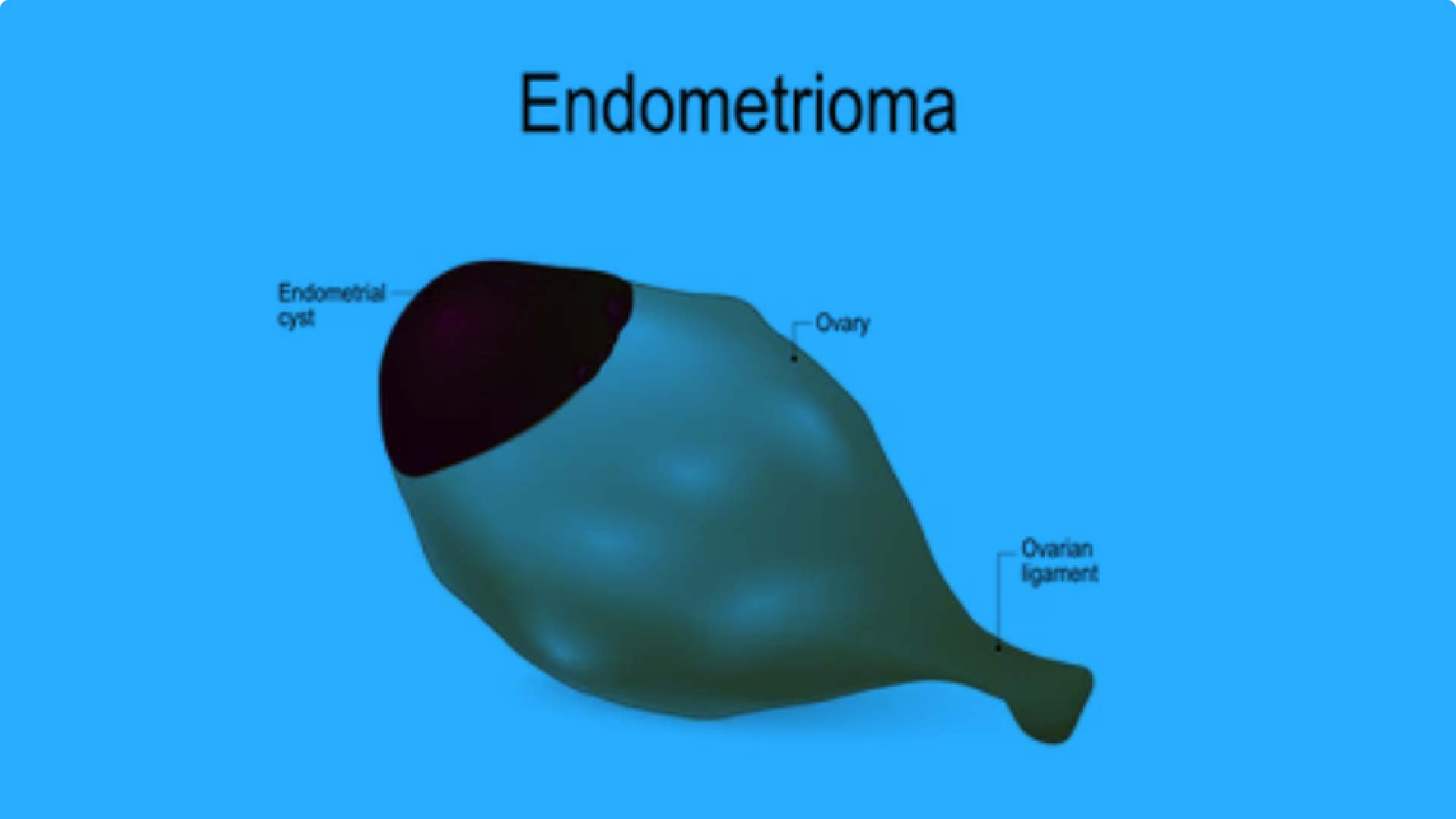
Recurrent Endometrioma Outcome ...
By Medevista Official
Management of recurrent endometrioma should balance between the risk of unexpected hidden malignancy and the damaging effect of second surgery to ovarian tissue. Dienogest is a fourth generation of progestin and has been used in endometriosis with effective and save reports.
Read More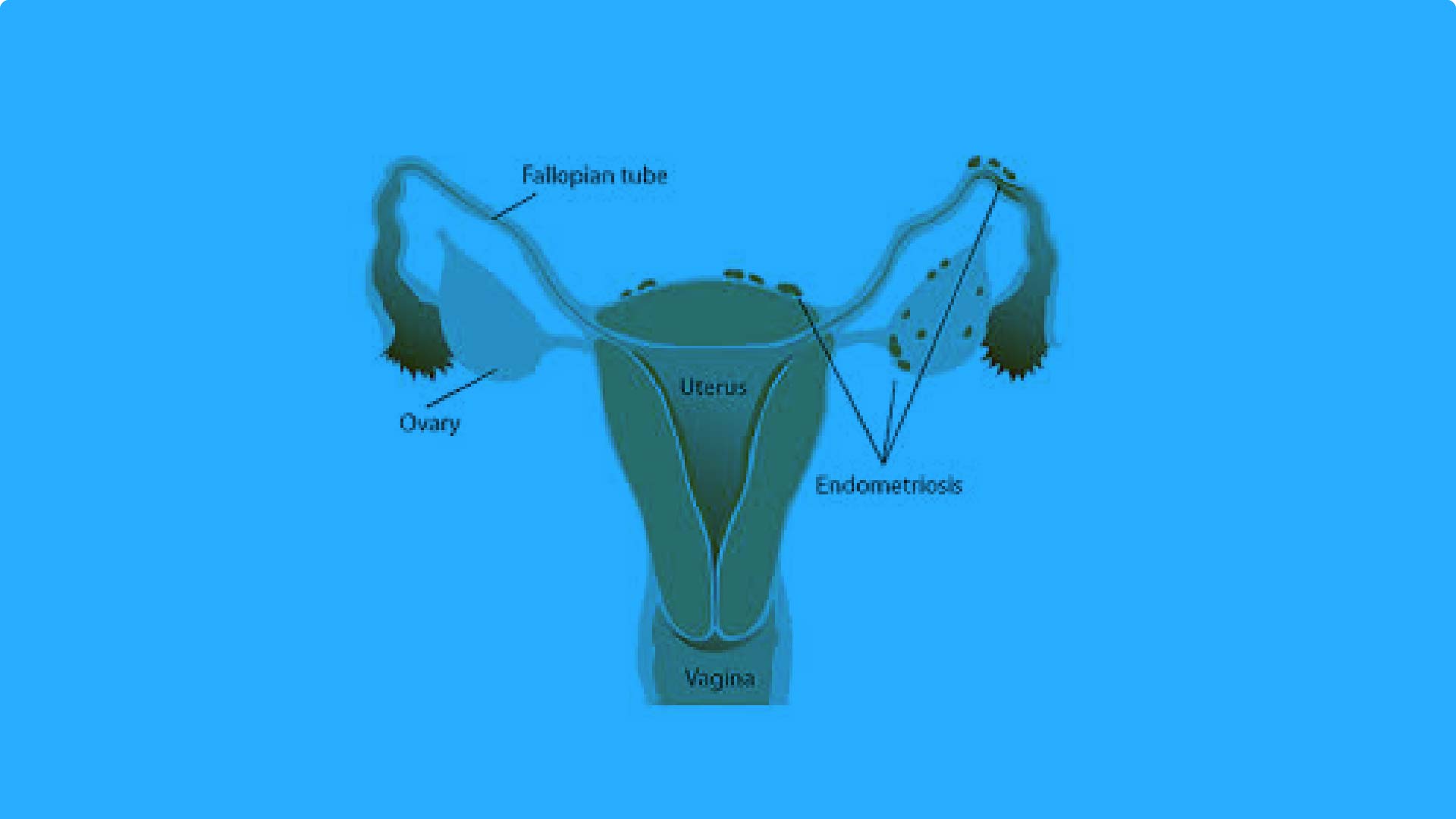
Dienogest in long term treatment...
By Medevista Official
Endometriosis is a chronic disease primarily affecting women of childbearing age, in which endometriotic lesions form outside the uterus, typically leading to painful symptoms, fatigue, and infertility. The symptoms of endometriosis may cause significant impairment in quality of life and represent a substantial economic burden to patients, families, and society. There is no cure for endometriosis; management consists of alleviating pain and other symptoms, reducing endometriotic lesions, and improving quality of life. Recurrence after surgical intervention is common, while the clinical evidence to support the efficacy and safety of many medications currently used in endometriosis is limited. Dienogest is an oral progestin that has been investigated extensively in the treatment of endometriosis in two clinical programs performed in Europe and Japan, including dose-ranging, placebo-controlled, active comparator-controlled, and long-term (up to 65 weeks) studies. These studies demonstrated that dienogest 2mg daily effectively alleviates the painful symptoms of endometriosis, reduces endometriotic lesions, and improves indices of quality of life. Dienogest showed a favorable safety and tolerability profile in these studies, with predictable adverse effects, high rates of patient compliance, and low withdrawal rates. This review article describes the clinical trial evidence that characterizes the efficacy and safety of dienogest in endometriosis, including two studies characterizing dienogest in long-term use. The relevance of these findings to the management of endometriosis in clinical practice is discussed
Read More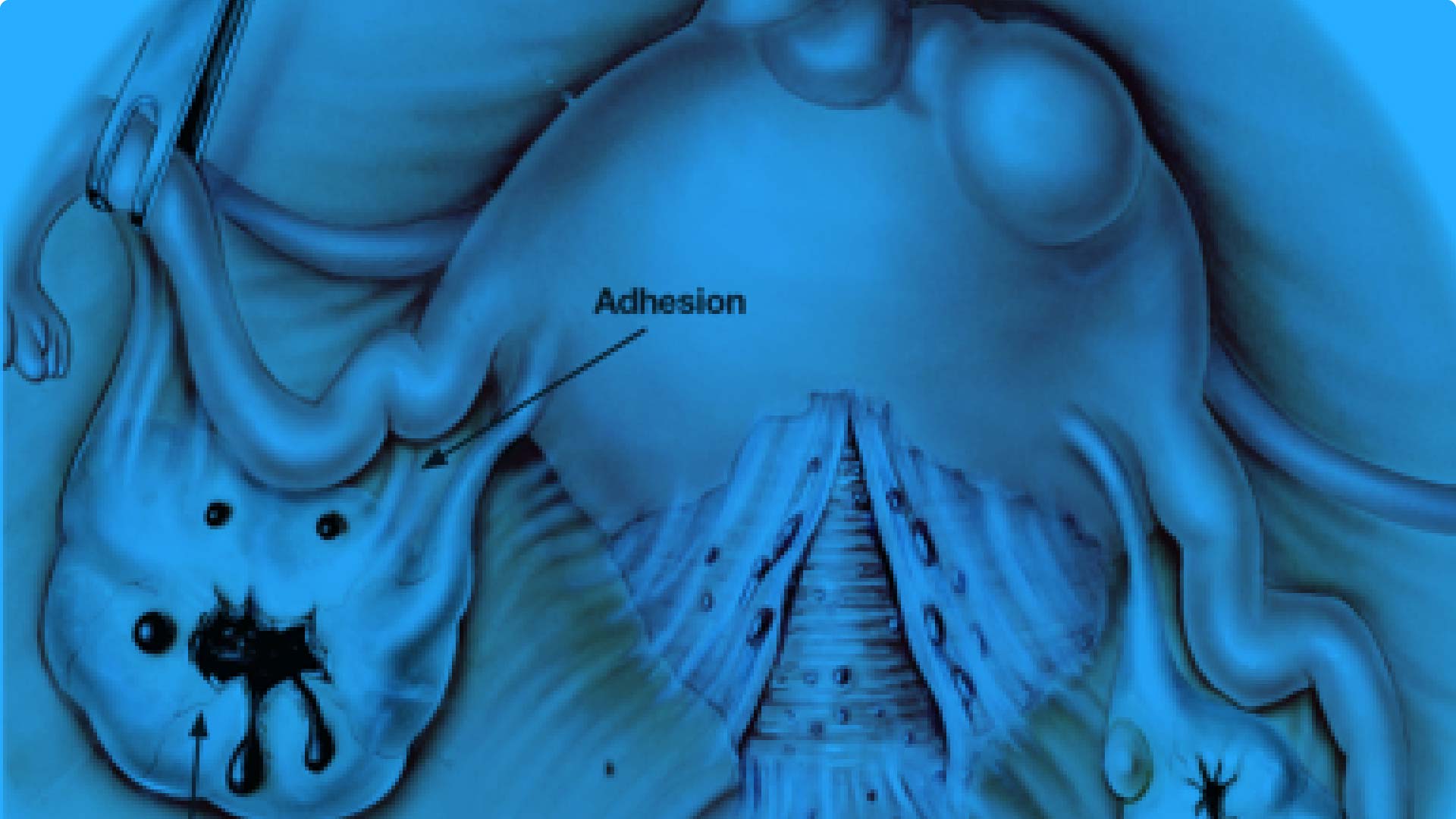
Regression of a Large Endometrio...
By Medevista Official
Endometriosis is defined as presence of endometrial glands and stroma outside endomoetrium [1]. Ovarian endometriomas are a common presentation of endometriosis. Surgery is universally considered the first therapeutic approach for women with symptomatic or enlarging endometriomas [2,3] but it may have side effect on ovarian reserve. Dienogest (DNG) is an orally-active semisynthetic, steroidal progestogen, highly selective for progesterone receptors, derivative of 19-nortestosterone, that has recently been introduced for the treatment of endometriosis. Clinical studies of DNG with durations between 12 and 24 weeks have provided information on optimal dosing and on efficacy and safety characteristics that are relevant to the long-term management of endometriosis [4-6]. However, there are few studies that show a long term treatment over 53 weeks [7]. An over 90 weeks treatment with DNG 2mg per day in our case report resulted in a remarkable regression of endometrioma and elimination of symptoms.
Read More